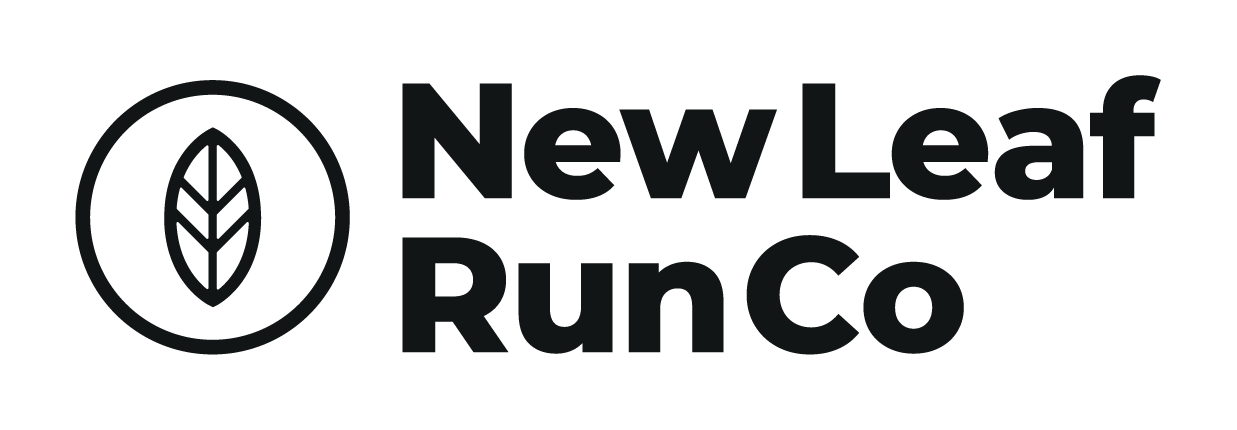How to experience less fatigue after a run.
Nutrition Strategies for Runners
If you have been a runner for long enough, then chances are you have experienced that big crash that can come after a long run or a hard workout. A big energy crash like this, which causes you to need to take a long "nap" later in the day or essentially makes you useless to society for the rest of the day, should not be your regular after a run.
Most elite athletes pay as much attention to the food they are taking in as they do to the length and intensity of their training runs. Why? To perform at your best, you need to set your body up for success, and crashing after your weekend long run is an indicator that you aren't getting what you need.
When training, you need to pay attention to food and hydration before, during, and after your runs (not just on your run). If you start with a calorie deficit, you are not going to be able to catch up.
Eating before your run
Give yourself time before a workout to eat and digest your food. Ideally, you can give yourself a full 2-3 hours after a full meal. A complex carb, low glycemic index meal is the best choice.
The timing of big meals depends on when you are doing your workout, you don't want to go out with a full stomach, but you don't want it empty either. If you are training at 4 pm, it would have been a long time since lunch, and you should have a snack just before starting your run. If you are training at 6 am before work, get a snack in there before you start and replenish with a proper breakfast when you finish your workout. A few mouthfuls of maple syrup on the way out the door will do the trick; your body will access that fuel quickly on an empty stomach.
There is a lot of talk about fasted running, and using it to improve your body's fat-burning abilities. I'm going to warn you now, fasted running is not something I ever recommend. If it works, there is a lot of science behind timing to make this effective. And if you are considering it, you should be working with a nutrition professional and a coach. Just getting up and running in the morning without eating beforehand does not mean your body is in a fasted state. It just means you haven't eaten for a few hours. And more than likely, you are driving yourself into a hole that is going to impact both muscle recovery and your energy.
On long run days, my go-to is Banana Buckwheat Pancakes. This high-carb whole gain meal has a great mix of quick and slow-burn fuel for the long haul. If you want the recipe email me at rick@newleafrunco.com and I’ll share it with you!
Eating during your run
When you are running for an hour or less, it's usually not necessary to take in calories during the run. If you have eaten before you run, then you have set yourself up for success.
Once you go over 1 hour, you should be considering fueling on your run. When you are heading out the door for a steady, more extended effort, you need to fuel your body to ensure that:
(a) That you don't crash due to glycogen depletion and
(2) That you are not digging yourself a hole that is going to be hard to climb out of when you have finished, resulting in a crash in energy post-workout.
While you are running, you should aim to take in roughly 750 ml of water (with electrolytes) and 200 calories per hour. These guidelines vary on an athlete to athlete basis, but it is an excellent starting point for everyone. Dialing in what works for you will take some practice with different food sources and amounts.
What to eat after your run
Post-workout nutrition is one thing that has will a significant impact on your energy levels later in the day, as well as muscle recovery. Getting it nailed and making sure to be diligent with it will make a massive difference with your energy levels after big workouts and long runs and consistency with energy levels throughout the week too. You want something with some simple carbs, a little bit of fat, protein, and some electrolytes, within 20 minutes or so of your workout. The key here is that this is not a heavy high protein shake. Give that 30-45 min to digest then go for the full meal.
My go-to recovery drink is Brendan Brazer's Lemon Lime Recovery Drink from the Thrive Diet cookbook. There are some great whole food fueling alternatives to packaged sports nutrition in there, including date based energy gels.
Overall calorie intake
If you are running, and you are struggling with repeated injuries or lack of energy, likely, you are not taking in enough calories. Eating a healthy diet with lots of fruits, veggies, whole grains, and protein, you can focus less on calorie counting and more on making sure you eat enough to keep up with your activity level. Crashing after your long run is not something that should be happening regularly, and is entirely preventable if you are eating enough and at the right times.

